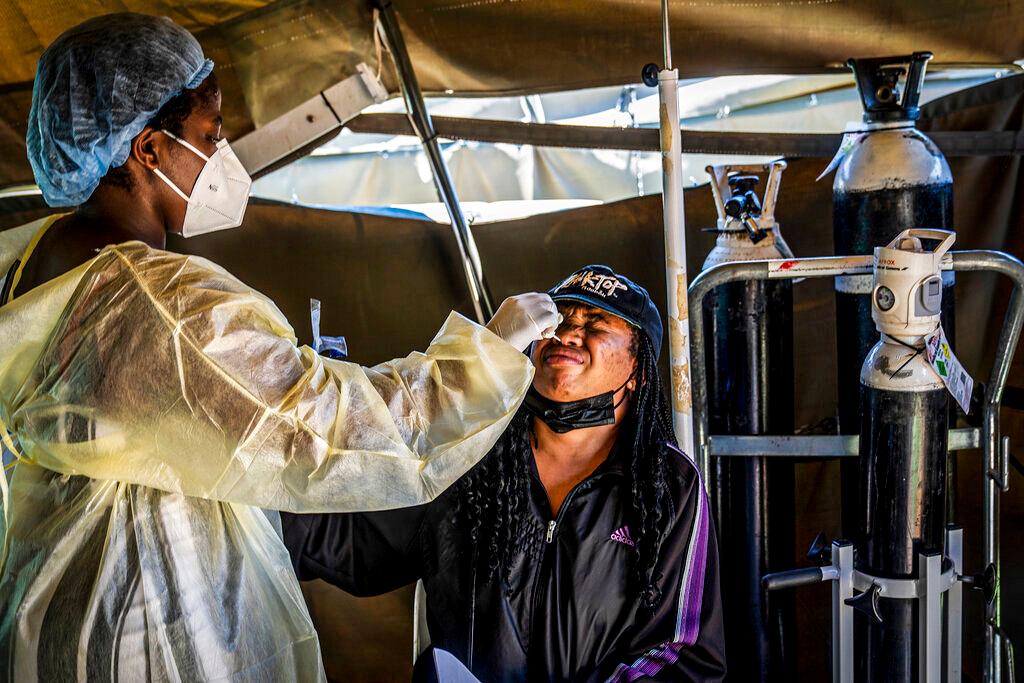South Africa will halt contact tracing and end quarantine for asymptomatic cases of COVID-19 as the dynamics of the outbreak warrant a shift toward mitigation and away from containment strategies, which are “no longer appropriate,” a top health official says.
The country’s director-general of health, Dr. Sandile Buthelezi, told heads of provincial health departments in a Dec. 23 circular that only people who have developed symptoms need to be tested and isolate, with the quarantine period for those with mild symptoms set at eight days and severe COVID-19 cases for 10 days.





